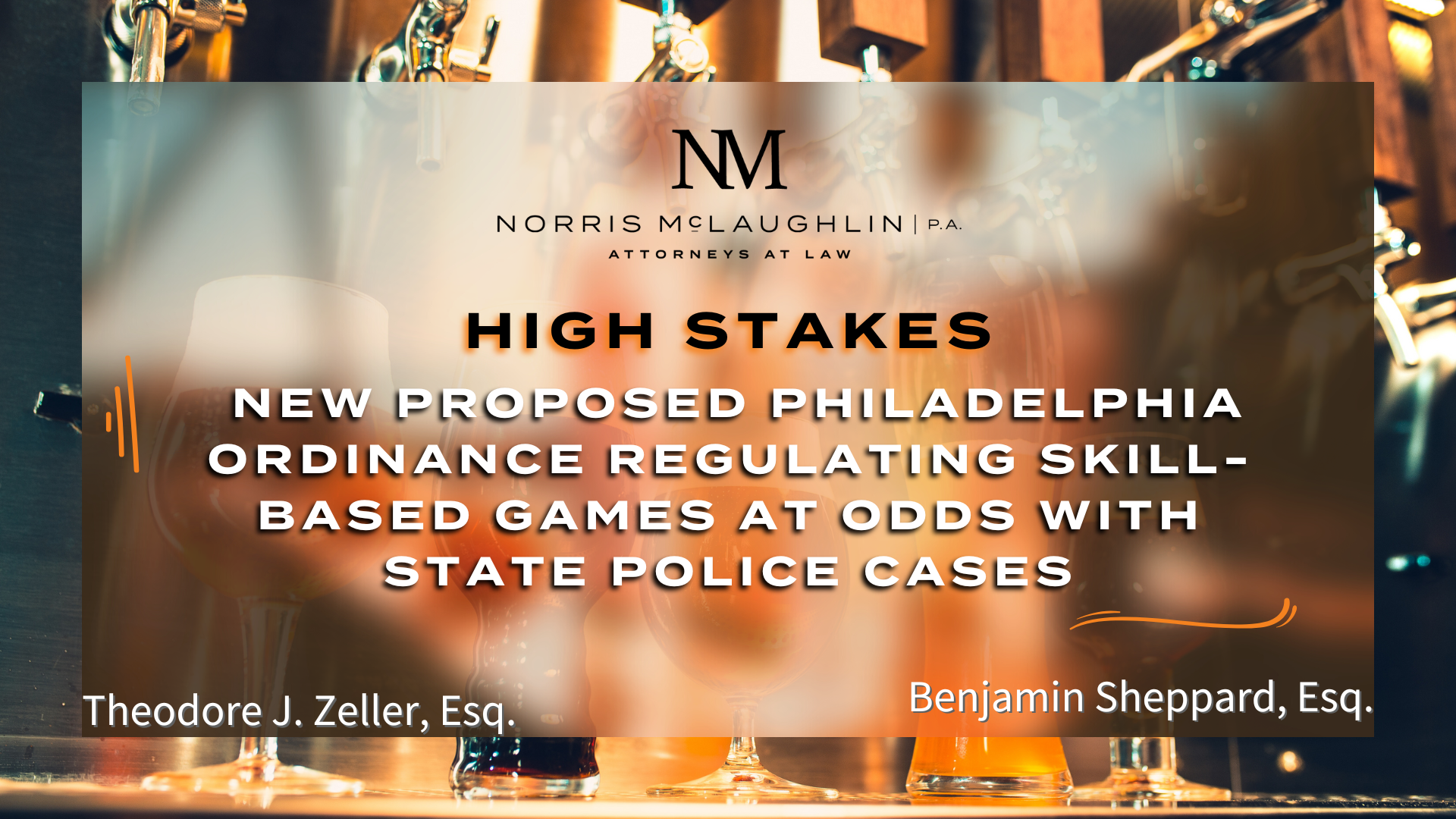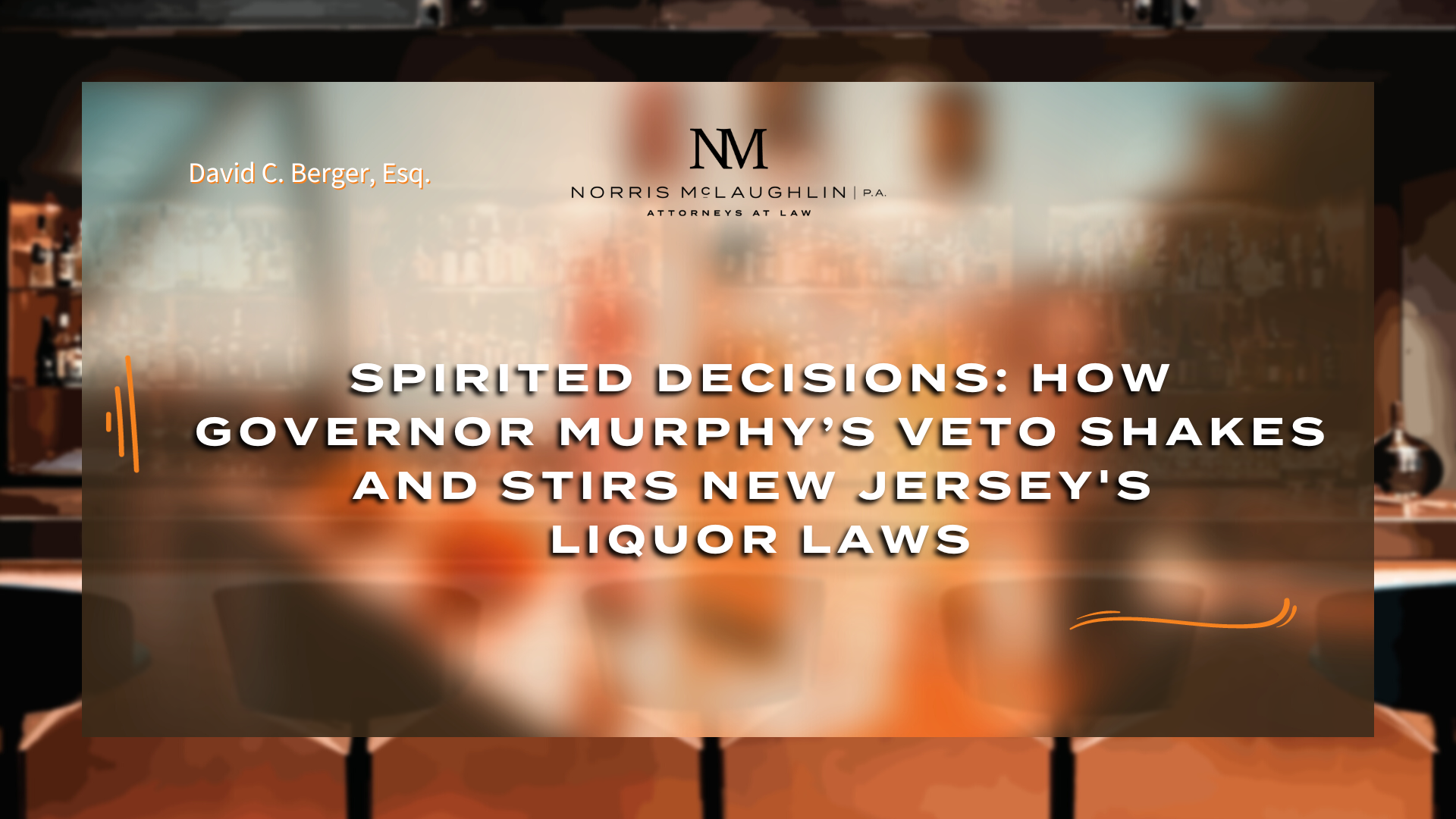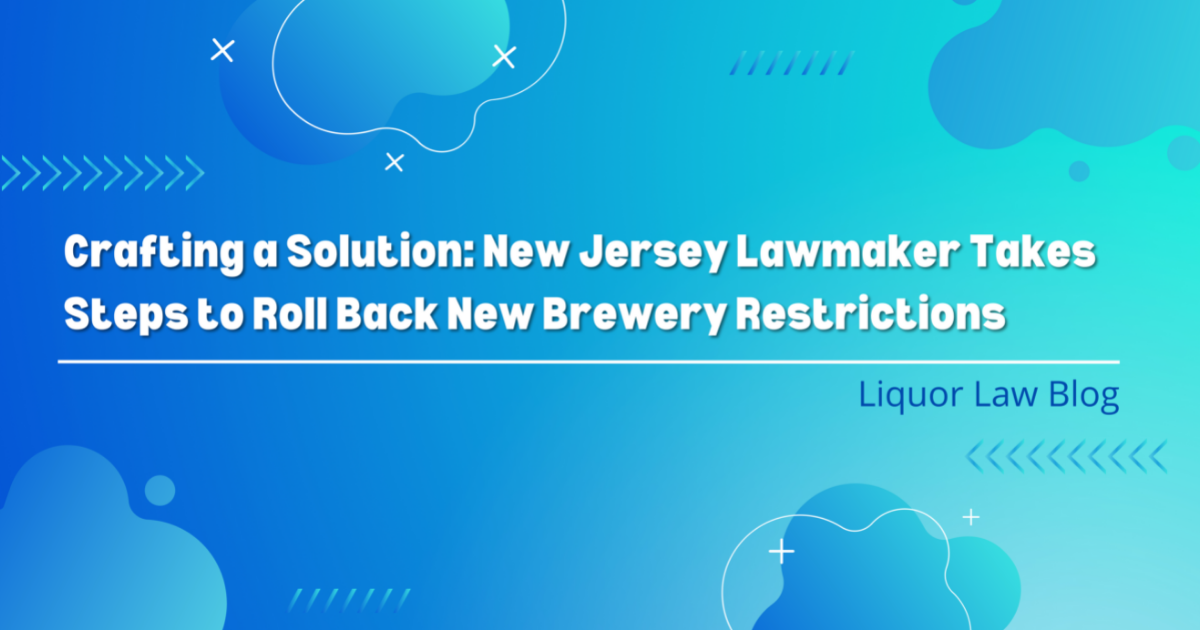Hopping Towards Change: New Jersey Proposes A Crafty New Solution to the Special Ruling

In a significant step towards modernizing New Jersey's liquor laws, the Senate Budget and Appropriations Committee has recently advanced a comprehensive bill. This legislation, poised to boost the state's lagging craft brewery industry, proposes critical reforms to the outdated liquor licensing system. By creating ample growth opportunities for craft alcohol manufacturers, these changes will revitalize business districts across New Jersey, a state that currently ranks a lowly 45th in breweries per capita.
Key Features of the Proposed Bill
The bill, S-4265, introduces the following pivotal changes:
1. Enhanced Flexibility for Breweries
Breweries will have the freedom to host a variety of events, collaborate with food vendors, and enjoy clarified privileges from recent regulations, executive orders, and special rulings. This is critical for breweries, and for that matter, for public safety. Prohibiting food service at a facility that allows the sale of alcoholic beverages was always puzzling from both policy and public health perspectives.
2. Introduction of Farm Brewery License
This license allows breweries engaged in farming to produce and sell a limited quantity of alcoholic beverages, mirroring the existing Farm Winery License structure.
3. Streamlined Transfer of Inactive Licenses
The bill proposes efficient procedures to transfer inactive licenses to prevent their expiration. Unlike many states, but like neighboring Pennsylvania’s law, liquor licenses are commodities that are bought and sold between private parties and have quotas by town. This leads to exorbitant pricing in some towns barring new entrants to the marketplace.
4. Special Licenses for Food and Beverage Establishments in Malls
Eligible municipalities can issue special licenses for establishments in existing shopping malls, excluding strip malls.
These changes will remove unnecessary restrictions, enabling New Jersey craft brewery owners and other retailers to expand creatively and efficiently.
Continued Efforts to Reform New Jersey’s Liquor Licensing
This legislative move comes as a follow-up to Gov. Phil Murphy's conditional veto in November 2023, reflecting Murphy’s call for more comprehensive reforms in New Jersey's liquor licensing regime. While the veto expressed frustration over the state legislature's piecemeal approach, it also marked a pivotal moment in the ongoing debate about liquor license regulations. The governor's veto suggested amendments to rejuvenate inactive licenses and enhance access to liquor licenses, particularly in shopping malls.
Gov. Murphy's vision, though partially realized through this bill, still leaves room for further reforms, especially concerning his proposal to phase out population caps. This aspect remains a contentious issue and is met with resistance from existing license holders worried about devaluation.
A New Horizon for New Jersey’s Craft Beverage Industry
As this bill moves forward, it not only promises to ease current restrictions, but also hints at a broader reshaping of the state's liquor laws. This development is a welcome change for craft manufacturers who have long sought these reforms and for the New Jersey business community eager to see a more modern and flexible liquor licensing system.
Stay tuned as we continue to track the progress of this bill and its potential impact on the craft beverage industry in New Jersey.
For information about national and state liquor law matters or general manufacturing and distribution advice, please contact our Liquor Law, Licensing, Manufacturing, and Distribution Practice Group: Liquor Law Department Chair Theodore J. Zeller III, Esquire; David C. Berger, Esquire, for Pennsylvania and New Jersey retail and manufacturing licensing; Anthony M. Brichta, Esquire, for federal manufacturing, distribution, formula, and labeling issues; Benjamin P. Sheppard, Esquire, for general state and federal licensing questions including TTB filings; or contact our office at (610) 391-1800.




